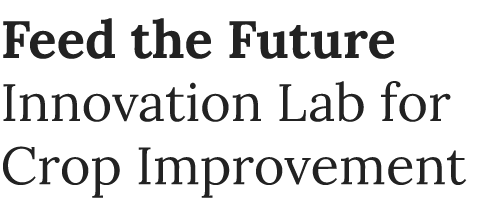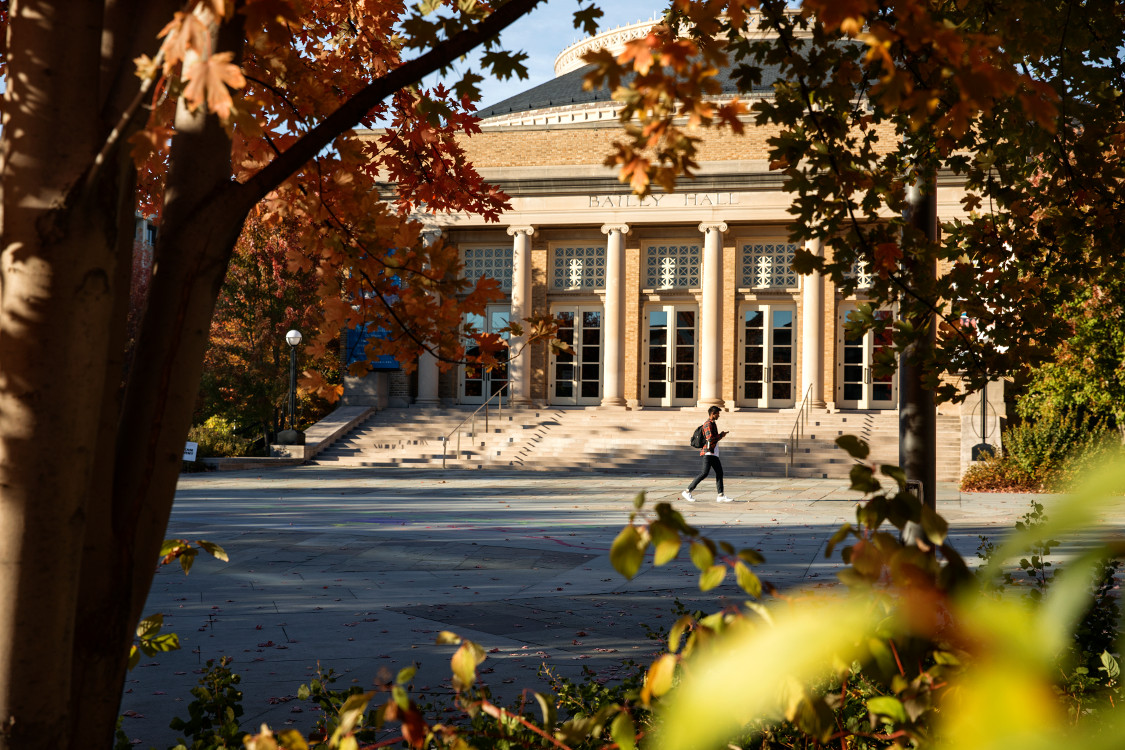Eight graduate students from 1890 land grant institutions across the United States have been selected as part of the inaugural cohort of Thomas Wyatt Turner Fellows at Cornell University.
Representing a wide range of research specialties relevant to advancing global crop improvement — from plant and environmental sciences to nutrition and public health — the fellows bring a holistic lens to the most pressing threats facing global food security. Hosted by the Feed the Future Innovation Lab for Crop Improvement, fellows will spend one academic year at Cornell, taking courses and engaging in research with a Cornell faculty mentor that will drive advancement in crop improvement to reduce malnutrition and hunger and provide equitable benefits to women and youth.
With principles of diversity, equity, inclusion and accessibility at its core, Cornell University, through the Turner Fellowship program, partners with 1890 land grant institutions to mentor and support students to become next-generation leaders in inclusive and sustainable agricultural development.
“We are thrilled to welcome the Turner Fellows to the Feed the Future family. As the next generation of scientists, these students will advance the field of rural and agricultural development in the United States and around the world.”
Faith Bartz TarrGeneral development officer at the USAID Bureau for Resilience and Food Security
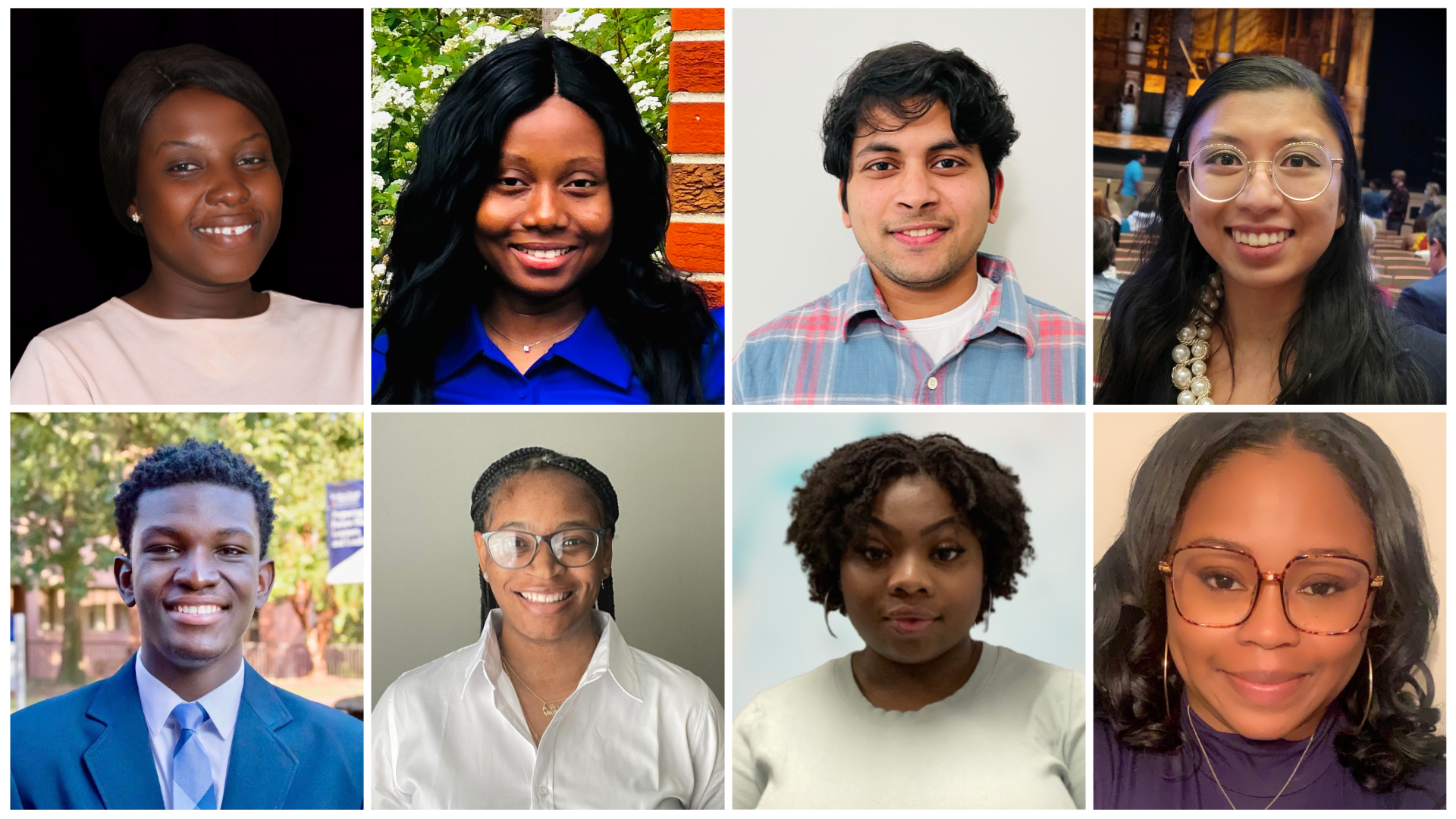
Turner Fellows and their Cornell mentors for the 2022-23 academic year include:
- Abigail Ayorkor Armah: MS in Food Science and Biotechnology, Delaware State University (Elad Tako, Department of Food Science)
- Tekiyah Brewley: MS Animal and Veterinary Sciences, Tuskegee University (Heather Huson, Department of Animal Science)
- Karter Couser: MS Biology, Virginia State University (Chris Roh, Department of Biological and Environmental Engineering, and Anthony Hay, Department of Microbiology)
- Oluwatomi Esther Jacobs: MS Plant Genetics and Bioinformatics, Delaware State University (Jean-Luc Jannink, School of Integrative Plant Science)
- Venkata Hemanth Limmada: MS Plant Sciences, Delaware State University (Michael Gore and Kelly Robbins, School of Integrative Plant Science)
- Maia Payne: MS Environmental Sciences, Tennessee State University (Virginia Moore, School of Integrative Plant Science, and Rachel Bezner Kerr, Department of Global Development)
- Sanchez Rolle: MS Public Health and Ph.D. Integrative Biosciences, Tuskegee University (Tammo Steenhuis, Department of Biological and Environmental Engineering)
- Lauren San Diego: MS Food and Nutrition, North Carolina A&T State University (Miguel Gomez, Charles H. Dyson School of Applied Economics and Management and Department of Global Development)
“Turner fellows bring diverse perspectives and expertise to confront entrenched and emergent food security challenges,” said Levon Esters, director of the fellowship and Professor and Associate Dean for Diversity, Equity & Inclusion and Faculty Affairs in the Purdue Polytechnic Institute at Purdue University.
“Working with 1890 land grant institutions provides Cornell faculty and students a unique opportunity to pursue new collaborative opportunities across a variety of research areas,” Esters said.
“We are grateful for the opportunity to host these outstanding students and look forward to building relationships with their home universities and mentors,” said Stephen Kresovich, director of the Feed the Future Innovation Lab for Crop Improvement, professor in Cornell University’s School of Integrative Plant Science and Robert and Lois Coker Trustees Chair of Genetics in the Department of Plant and Environmental Sciences at Clemson University. “Ezra Cornell founded the university with a vision of any person, any study, and our aim is for the Turner Fellowship to push forward that ambitious goal.”
The Turner Fellowship is made possible by a grant from the U.S. Agency for International Development (USAID) as part of Feed the Future, the U.S. government’s global hunger and food security initiative, with additional support from the Cornell Graduate School and School of Integrative Plant Science. The Innovation Lab for Crop Improvement is housed in the College of Agriculture and Life Sciences’ Department of Global Development.
